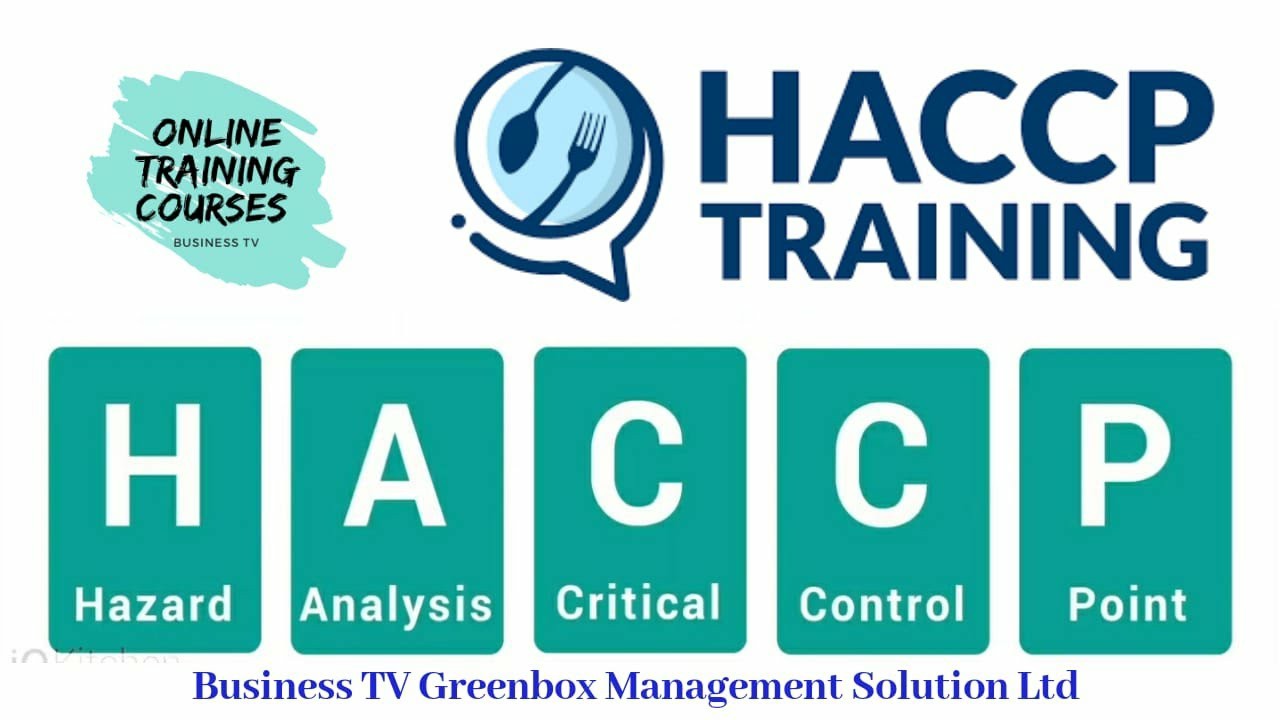


 349,500 Offered Certificates
349,500 Offered Certificates
 24/7 Online Training
24/7 Online Training
 Money Back Guarantee
Money Back Guarantee
 Fully Accredited Courses
Fully Accredited Courses

Created at: 26-02-2025 09:57
In the dynamic food industry landscape of Ireland, the importance of effective food safety management cannot be overstated. From bustling restaurants in Dublin to catering firms in Cork, understanding and implementing HACCP (Hazard Analysis and Critical Control Points) principles is essential for ensuring food safety and compliance with legislations. This blog delves into why **HACCP training** is critical for businesses operating in Dublin, Cork, Galway, Limerick, Waterford, and Belfast, and how it can significantly enhance food safety standards.
HACCP is a preventive approach to food safety that involves identifying, evaluating, and controlling hazards throughout the food production process. Its seven principles guide food businesses in establishing effective food safety management systems:
Through effective implementation of these principles, businesses can not only reduce contamination risks but also bolster public trust in their products.
HACCP compliance is not just a best practice but a mandatory requirement under Irish and EU food safety laws. For food businesses operating in Ireland, having an up-to-date HACCP certification is vital to meet legal obligations set by the Food Safety Authority of Ireland (FSAI). The consequences of non-compliance can be severe, leading to legal penalties, foodborne illnesses, and reputational damage.
By obtaining HACCP certification through accredited training courses, food businesses in Dublin, Cork, Galway, Limerick, Waterford, and Belfast can:
Implementing HACCP not only protects consumers but also enhances operational efficiencies. Here are several business benefits:
Obtaining your HACCP certification involves several key steps that will ensure you’re compliant and your operation is safe:
In today’s fast-paced environment, many food businesses in Dublin, Cork, and Galway are turning to online HACCP training for its flexibility and convenience. Here’s a comparison of both options:
| Criteria | Online HACCP Training | In-Person Training |
|---|---|---|
| Flexibility | High – learn at your own pace. | Fixed schedule – must attend sessions at specific times. |
| Cost | Often lower due to reduced overheads. | Can be higher, factoring in venue and materials. |
| Interaction | Varies – can include discussion forums. | Higher – immediate access to instructors for Q&A. |
Ultimately, the choice between online and in-person training will depend on your specific needs, time constraints, and learning preferences.
As a business owner in the food industry, investing in **HACCP training** is not just a regulatory requirement but a proactive step towards safeguarding public health and enhancing your operational efficiency. Ensure your compliance with the highest food safety standards by enrolling in accredited HACCP training courses today.
For more information about our HACCP training courses or to get started on your path to certification, contact us at [email protected].